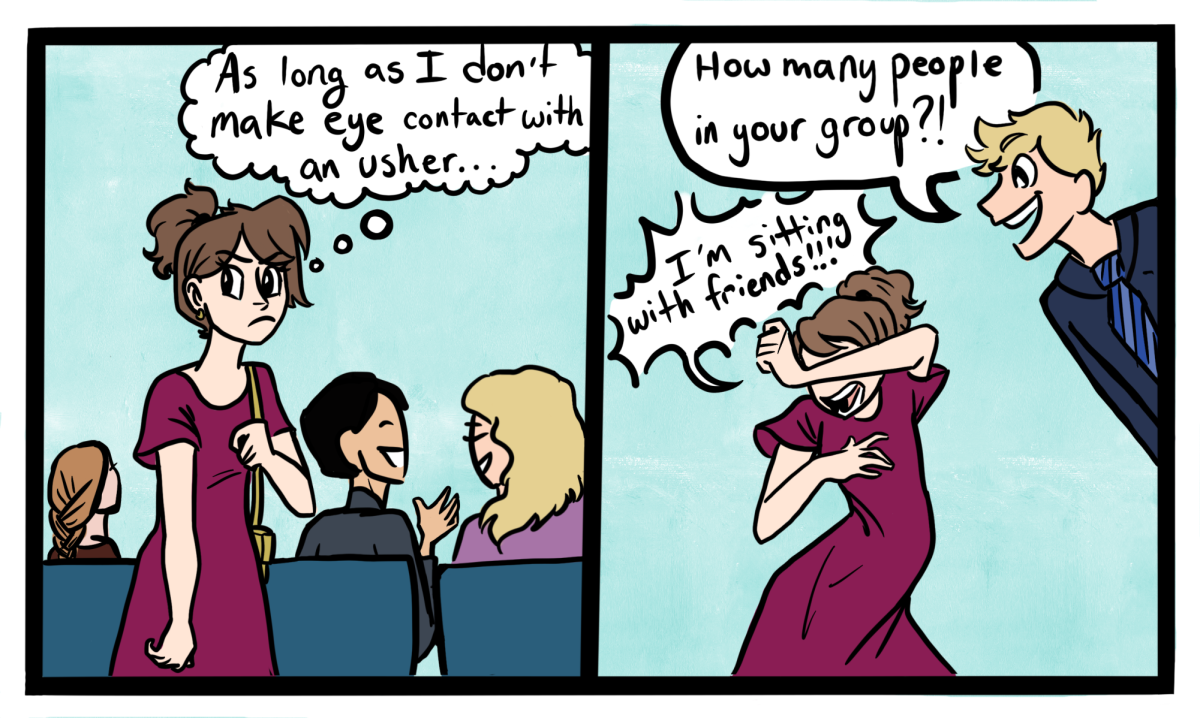Students who experience discrimination on the basis of sex or sexual assault are protected by Title IX, a federal civil rights law.
[heading tag=”h2″ align=”center” color=”#000″ style=”lines” color2=”#000″]What is Title IX?[/heading]
Laura McCarty, BJU’s human resources staffing manager, helps BJU students through filing a Title IX complaint, a process that was updated last year by the federal government.
The law states that “no person in the United States shall, on the basis of sex, be excluded from participation in, be denied the benefits of, or be subjected to discrimination under any education program or activity receiving federal funds.”
McCarty said Title IX covers more than just sexual assault. “It could be any kind of inequality, inequality—perceived or actual—on the basis of sex,” McCarty said. “Probably, the most … serious pieces of Title IX are when they have to do with what falls under the Title IX sexual assault.”
[heading tag=”h2″ align=”center” color=”#000″ style=”lines” color2=”#000″]Updates to Title IX[/heading]
New guidance for Title IX was published in 2020, and schools were required to implement the new procedures by Aug. 14, 2020. Complaints that fall under Title IX follow a civil rights process, including assigning investigators to the case and following set time frames for each step of the process.
“Each party is offered an adviser, or they can choose their own, and then we have investigators that will investigate the case and provide their findings for the hearing,” McCarty said. “Under the new regulations you actually have to have a hearing with a hearing chair or decision-making panel.”
The investigators bring their findings to the panel where the hearing rules if the Title IX policy was violated.
“And then if they decide that based on the evidence from the investigators and any kind of information that is there clarified or brought forth in the hearing, then there would be sanctions based on what violation, how severe the violation was and what the best case to remedy that would be.”
These new regulations have changed what is considered grounds for a Title IX complaint.
“Now what falls under the Title IX sexual harassment is much more narrow, but the process is more involved,” McCarty said.
While Title IX used to apply to any experience off or on campus, it is essentially limited to campus activities, such as campus life, athletics, school trips or an internship.
If the complaint does not land in the narrow scope, students can still bring a report forward.
“We vet all complaints that come through, and then if it doesn’t fall under the Title IX process, we would use an alternate process that would not be as involved,” McCarty said.
[heading tag=”h2″ align=”center” color=”#000″ style=”lines” color2=”#000″]How to file a complaint[/heading]
Bringing forward a report for Title IX starts by visiting McCarty, telling her about the situation and filing a formal complaint.
The complainant decides to file a formal complaint. If the complaint qualifies as a Title IX complaint, investigators are assigned to the case, and each party gets an advisor.
But if needed, McCarty is ready to help with more than filing reports.
“If there is a situation where there’s a crime involved, we’re going to help someone file a criminal report if that’s what they need to do,” McCarty said.
“[The other] party would be referred to as the respondent,” she said. “If a formal complaint is filed, they would be made aware of that and they would be offered the opportunity to have an adviser and work with them through the process. And they’re offered the same kind of support that the complainant would be offered. They would be asked to come to the hearing and follow through with the process.”
The respondent receives the same access as the complainant. Both parties can review the investigators’ reports. This update is to allow equal opportunities to both parties.
McCarty said students should not be afraid to reach out about their Title IX rights.
“If there is an area where [students are] struggling or they need help, or they thought about talking to someone whether it’s in something Title IX related or otherwise, then I just would encourage them to do it,” McCarty said. “This is a great place to get good help in a variety of areas of life. And so we’re here to help and [students should] take advantage of it.”

















































